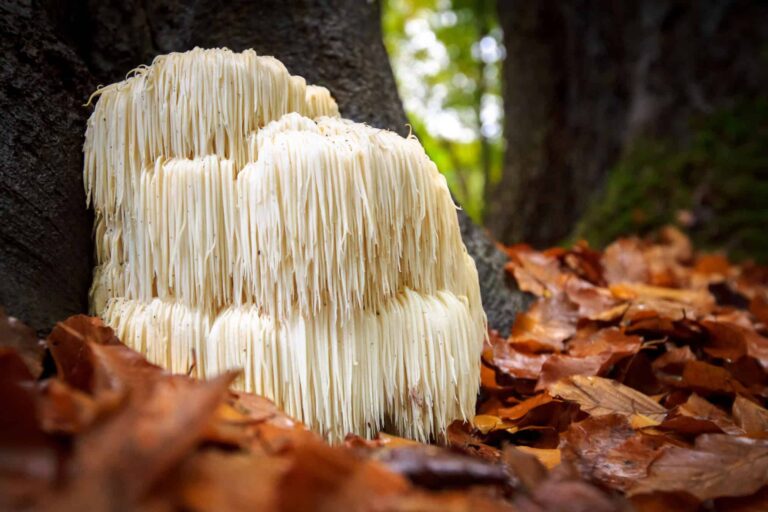
In a recent publication in the Journal of Psychoactive Drugs, researchers have unveiled a correlation between the use of psilocybin and a reduction in distress among individuals with a history of childhood adversity.
For those well-versed in psychedelic research, particularly regarding the potential of psilocybin to alleviate suicidal thoughts, depression, and anxiety, these findings may not come as a surprise. However, they serve to underscore the idea that various mental health conditions may be intricately linked to experiences of childhood trauma.
The study delved into the connection between psilocybin and psychological distress, centering its focus on adverse childhood experiences (ACEs), encompassing instances of abuse, neglect, and exposure to violence. Researchers meticulously collected data on participants, including demographic information and details about their history of psilocybin use. This encompassed factors such as consumption timelines, dosage levels, and the motivations behind their psychedelic usage. The participants underwent two crucial assessments: the Adverse Childhood Experiences (ACE) Questionnaire and the Psychological Distress Scale (K6).
The results indicate a noteworthy association between recent psilocybin use within the past three months and reduced levels of psychological distress, particularly benefitting those with a history of adverse childhood experiences. Notably, individuals using psilocybin reported positive perceptions of its benefits and safety, often employing it as a self-help tool to navigate mental health challenges.
COPYRIGHT © 2023 · MADE WITH LOVE IN COLORADO. ALL RIGHTS RESERVED.